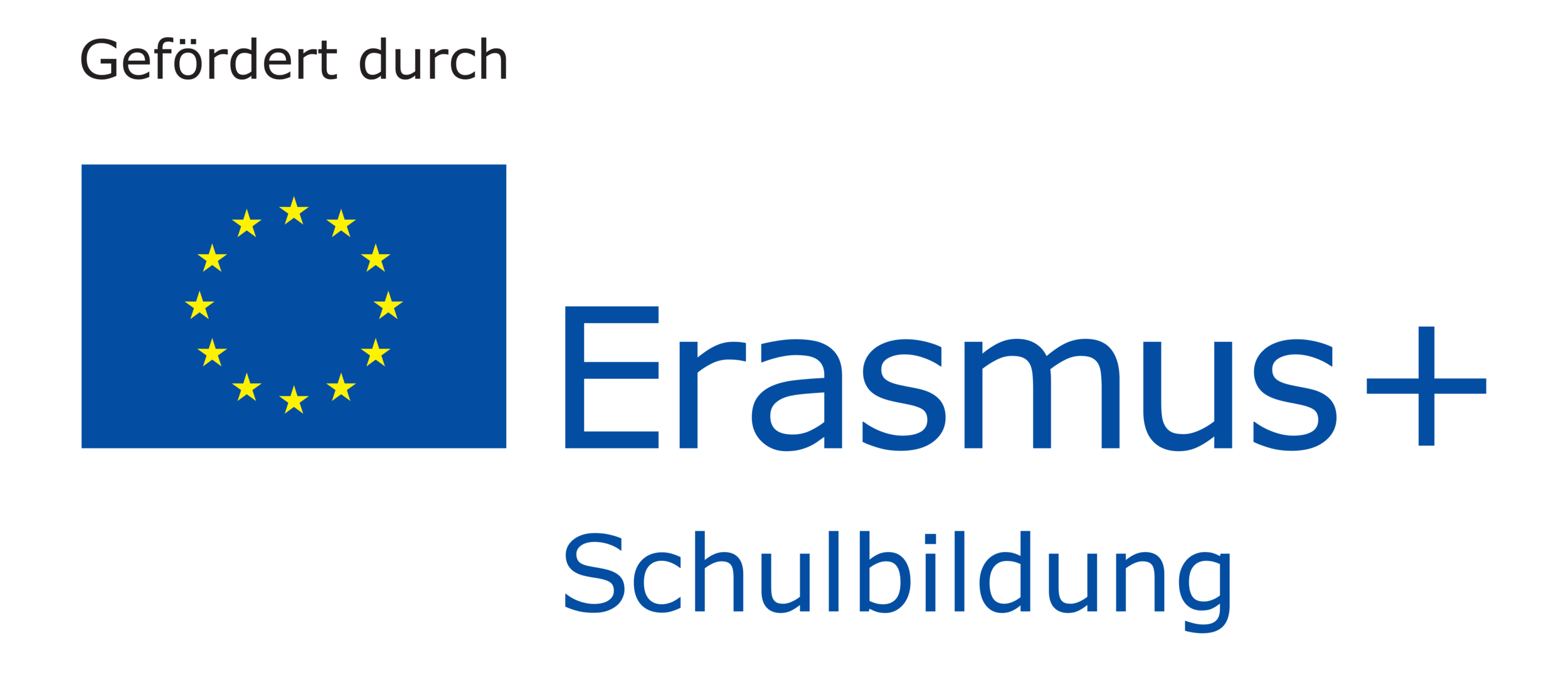Prosilience
Prosilience is a more powerful response than sustainability, which simply maintains the status quo. A resilient system is not just one that doesn’t change, but more importantly one that can deal with changes by recovering from them. Children‘s development is not just bouncing back from setbacks (resilience), but can become a phase of self-efficacy based growth through respectful interaction based on equal dignity: prosilience.
Even more positive than prosilience is the ability of a child to respond to difficulties by getting better, not just recovering to a previous state. This book proposes to use the term “prosilience” to capture this idea. In our usage, prosilient does not mean being proactive, which requires acting in advance to deal with anticipated problems. The changing world and systems children are living in are often too uncertain to enable families to be proactive, but we as a community caring for children can respond to unexpected events by trying to improve the overall situations rather than just reverting to the previous state.
A study on cumulative lifetime adversity, vulnerability, and prosilience found that people with a history of some lifetime adversity reported better mental health than people with no history of adversity (Seery, Holman, & Silver, 2010).

